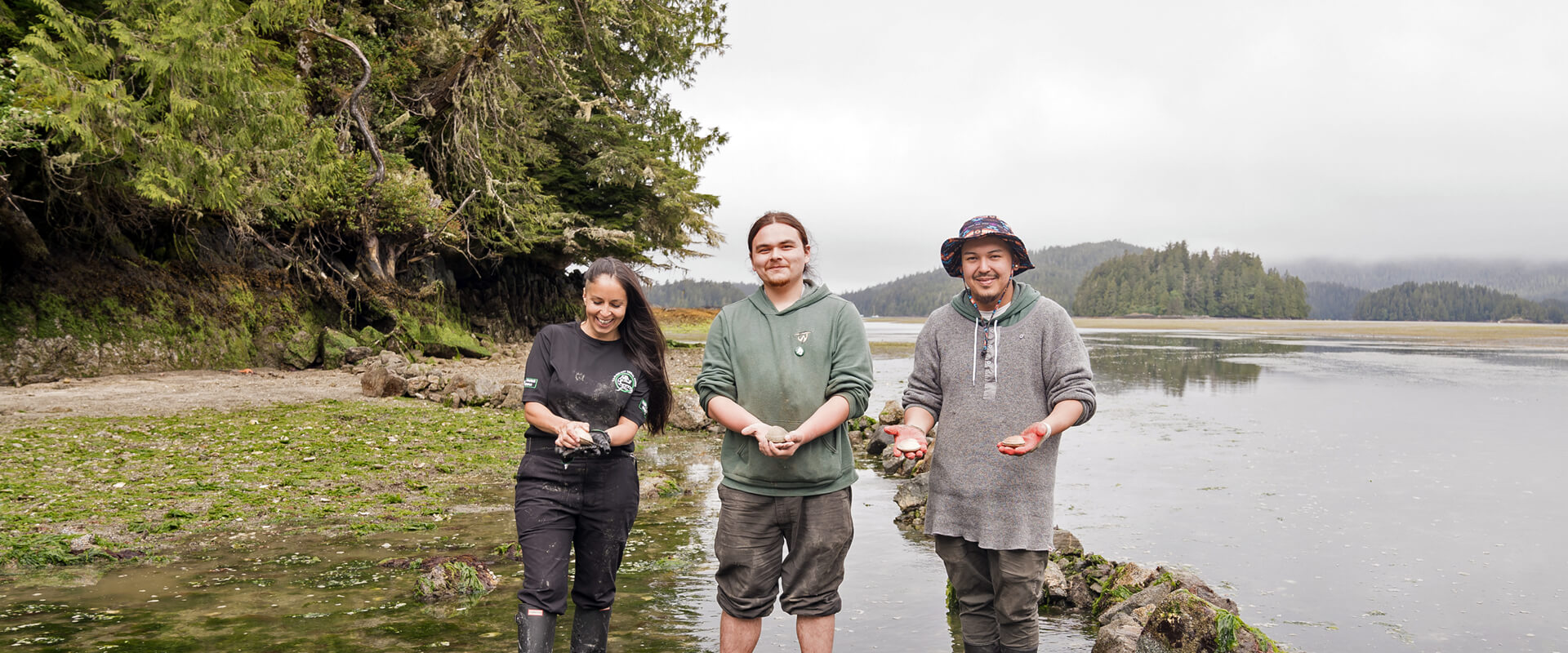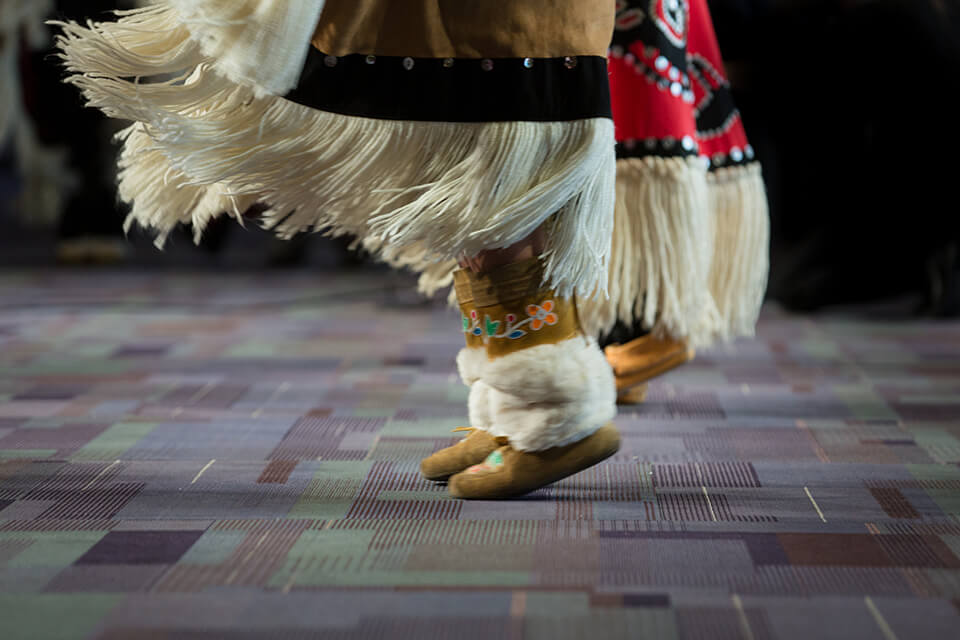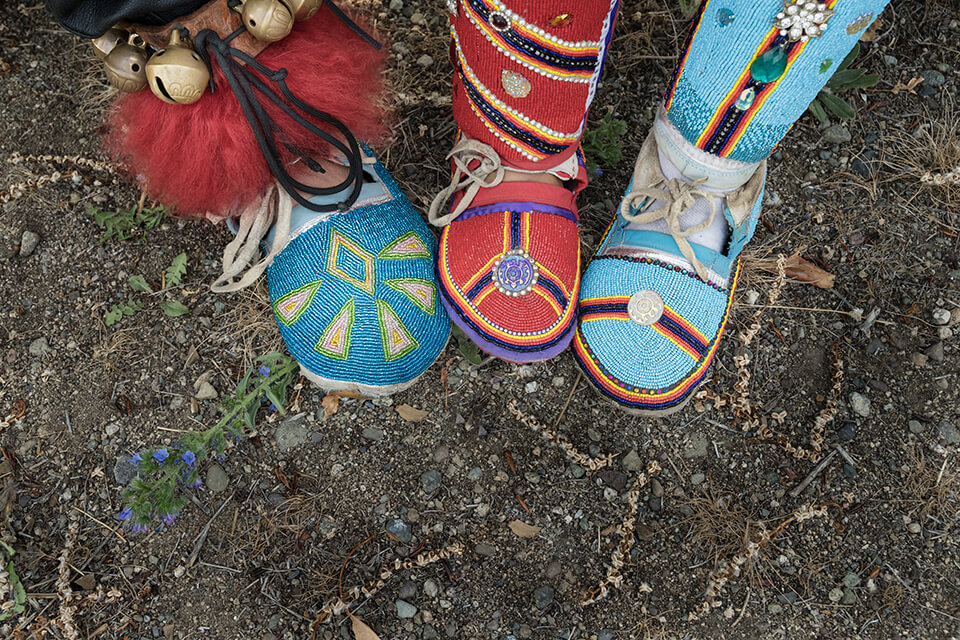
Annual Report
The Province reports on progress made to implement the Declaration Act through annual reports – a requirement of the Act. The annual reports are developed in consultation and co-operation with Indigenous Peoples in B.C. and publicly released by June 30 each year.
Annual Report (Section 5)
Section 5 of the Declaration on the Rights of Indigenous Peoples Act (Declaration Act) requires an annual report on progress made towards the alignment of provincial laws with the United Nations Declaration on the Rights of Indigenous Peoples (UN Declaration) and implementation of the Declaration Act Action Plan.
The annual reports contain three key sections where important work is progressing:
- Alignment of provincial laws with the UN Declaration (Section 3)
- Action plan implementation (Section 4)
- Advancing modern treaties through the Shared Priorities Framework
Declaration Act implementation
Across government, steady progress has been made to implement the Declaration Act and Action Plan. Details in the Declaration Act Annual Report shows that reconciliation is truly a cross-government priority, and reflects the tremendous efforts being made to put collective words into action.
Learn more about how B.C. is implementing the Declaration Act by reviewing the 2024/2025 Annual Report.
Review all Action Plan items at a glance

Self-Determination and Inherent Right of Self-Government

Title and Rights of Indigenous Peoples

Ending Indigenous-Specific Racism and Discrimination

Social, Cultural and Economic Well-Being

Alignment of laws (Section 3)

Shared Priorities Framework with Modern Treaty Nations
Distinctions Based Approach
Declaration Act Engagement Fund
To request a hard copy of the 2024/2025 Declaration Act Annual Report, contact declaration@gov.bc.ca
